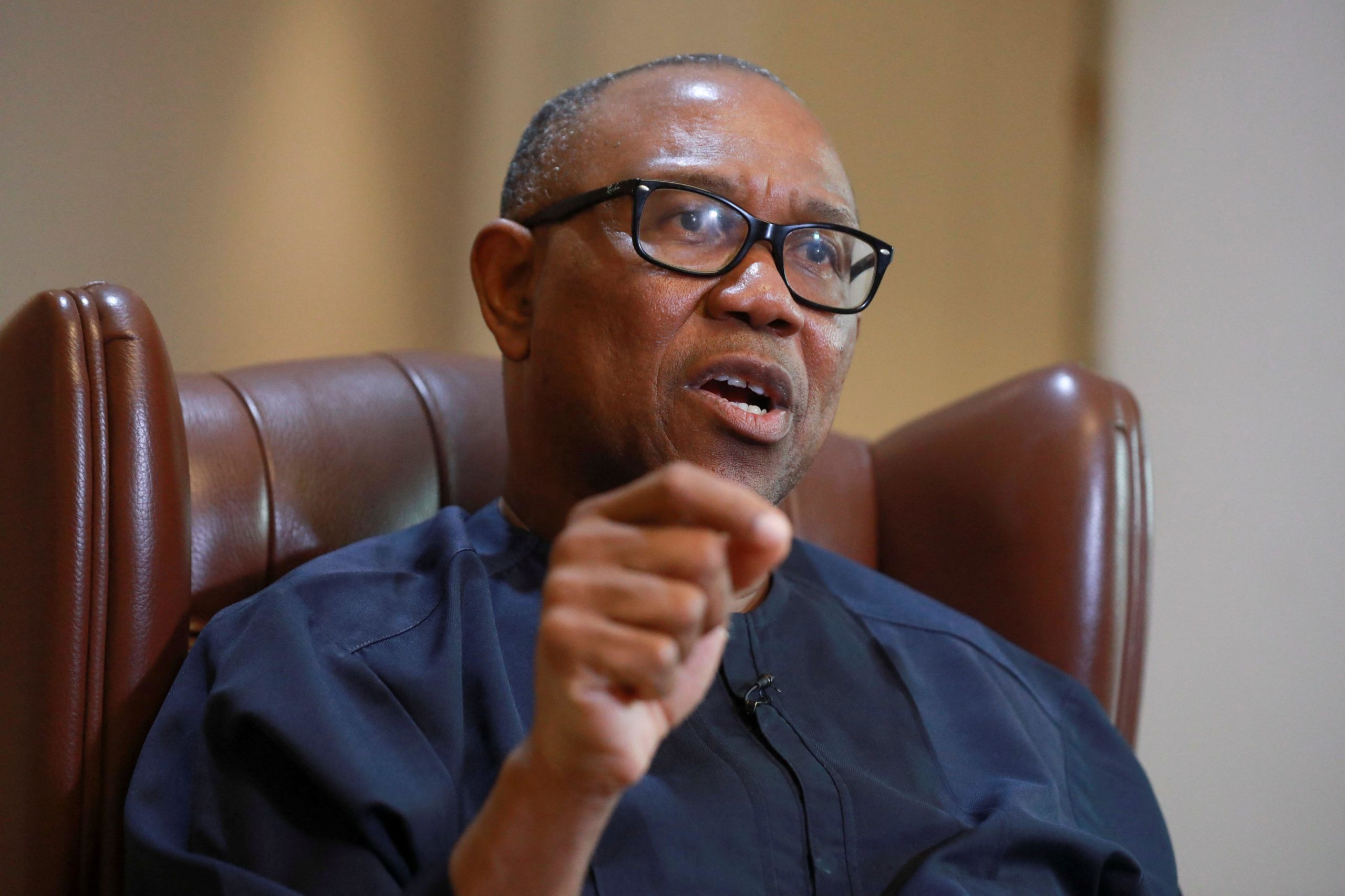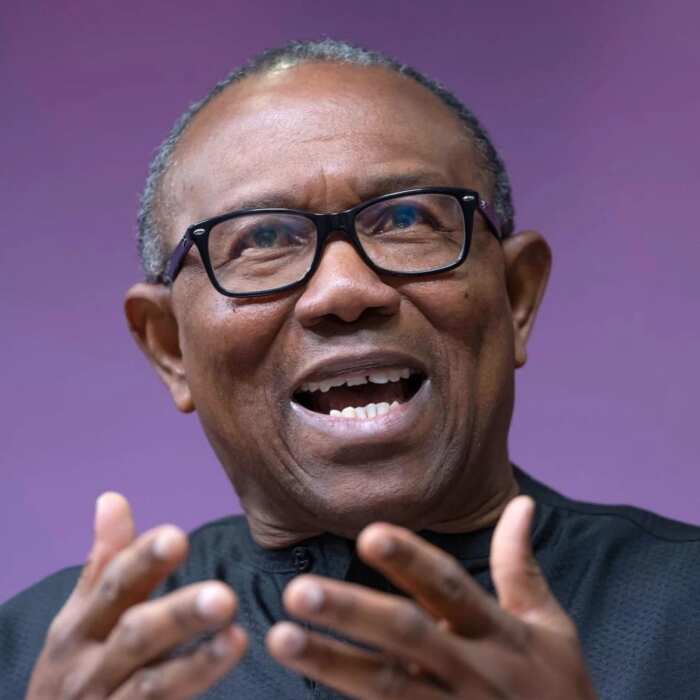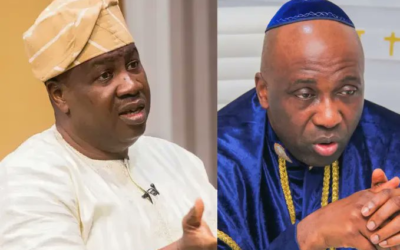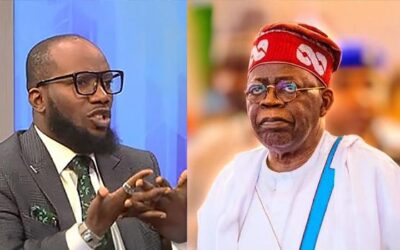
Kidnapping: Peter Obi Says Nigeria Among Most Difficult Countries to Live


In a somber tone, Peter Obi, the 2023 presidential candidate of the Labour Party (LP), expressed deep concern on Monday over the alarming statistics revealing that approximately 7,000 Nigerians had fallen victim to kidnapping within the past year alone.
He also highlighted the disturbing trend of widespread killings and clashes unfolding across the nation.
In his reflection, Obi characterized Nigeria as one of the most food-insecure nations and cited the North as particularly challenging for livelihoods.
Taking to X platform, Obi urgently implored the Federal Government to prioritize interventions aimed at ameliorating the prevailing conditions in the country.
“In the past 1 year, about 7000 Nigerians have been kidnapped, with about 700 kidnapped in the last 3 weeks, notwithstanding the violent crimes and killings that occur in every part of the nation, which must have included us in one of the world’s riskiest countries to live in.
READ ALSO: Economic Hardship: Be Patient With My Father—Tinubu’s Daughter Begs Nigerians
“A report by the globally respected publication, Financial Times, on March 12, 2024, described Nigeria’s kidnapping racket as a sign of a failed state. With all of these happening in our nation, how then can we attract foreign investors, & retain the confidence of local investors?
“We have become one of the hungriest nations in the world and one of the most difficult nations in the world to live in, with food prices constantly going out of the reach of most Nigerians. Power supply is abysmally poor and Nigerians are now mostly in total darkness,as over 60% are without power supply. Even those in perceived privileged areas now go for days without power supply.
“A 2022 Energy Progress Report designated Nigeria as the country with the largest number of people lacking access to electricity with 92 million of its over 200 million population living without electricity. About 80 percent of our primary healthcare centres are not functional. The cost of medical treatments and medicines have gone beyond the reach of most Nigerians.
“We now hold the enviable position of having the highest number of out-of-school children, with about 20 million out-of-school children. We need to take our children off the streets and give them access to basic education.
“I, therefore, urge our executive and legislative arms to consider the many challenges facing our nation and re-allocate resources to these very critical areas. This is the time for complete sacrifice. A New Nigeria is still very POssible,” he wrote.








